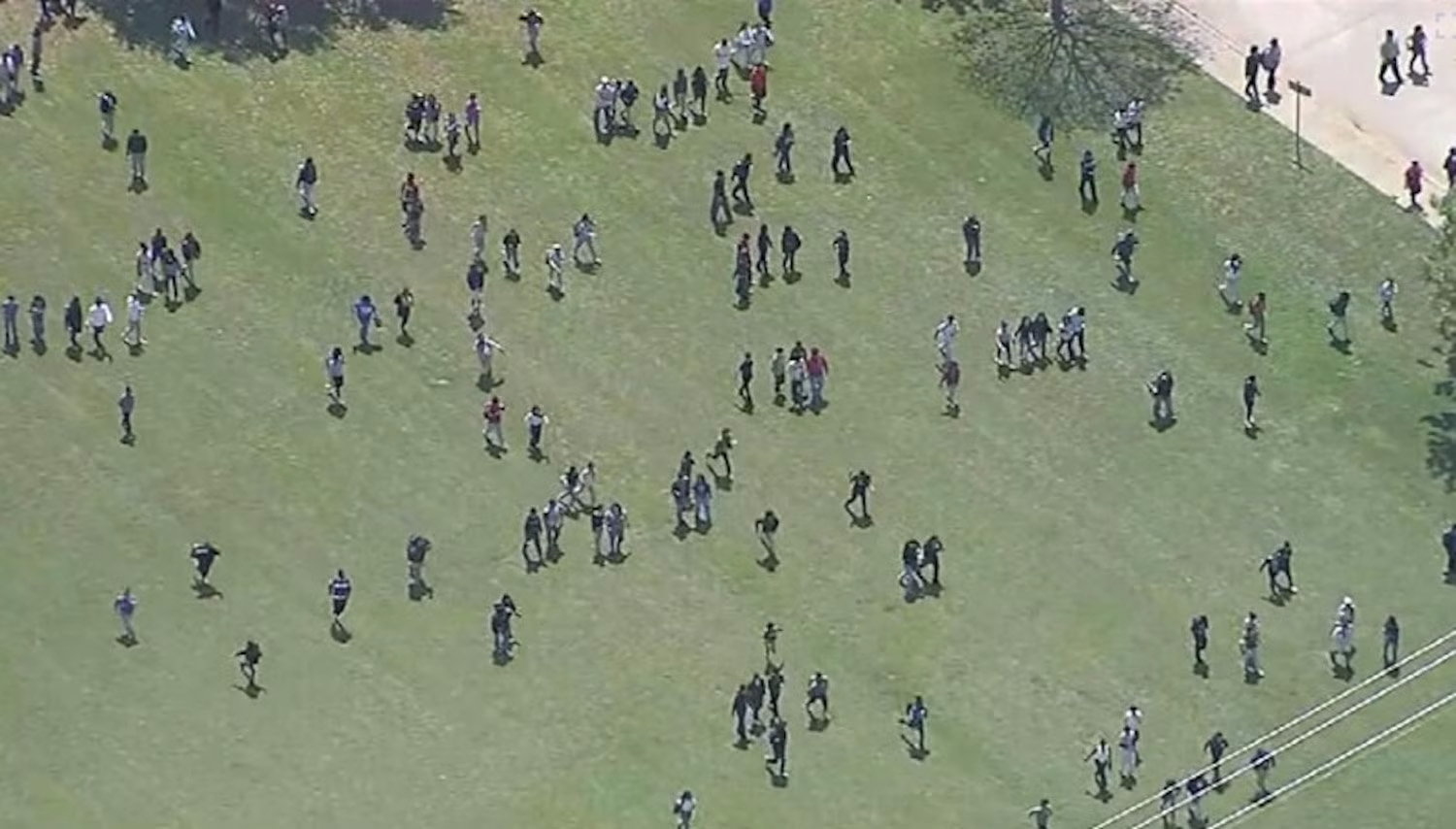Here's the role climate change may be playing in deadly SoCal wildfires, experts say

SAN FRANCISCO -- As wildfires continue to burn throughout Southern California, climate experts are highlighting the role climate change may be playing.
Experts say the current conditions serve as evidence of multiple factors fueling these extreme events and one of them is warming temperatures.
"What we have clear evidence of is that climate change is contributing to the warming, not only globally, but in California in the Southern California region. We know that is elevating the risk that wind and other weather conditions come together, and the odds of severe wildfire conditions are elevated," said Dr. Noah Diffenbaugh, Stanford climate scientist.
RELATED: 5 fatalities confirmed as Southern California wildfires rage; 1,000+ structures destroyed
The Santa Ana winds are driving these wildfires to spread even faster and are making it harder for firefighters to gain control. We spoke with two climate experts about what they are observing.
"It's a different sort of wind event than what happens in a hurricane or what happens in a severe thunderstorm. There has been research on the Santa Ana winds. For an event that is as extreme as this one, it really falls in the tail of the distribution. There is always going to be a large contribution of natural variability. The scientific question that comes up is, 'Are the odds of that different with or without global warming that will require careful research?'" Diffenbaugh said.
Dr. Iris Stewart-Frey, professor of Environmental Studies Institute at Santa Clara University, said she is seeing the signs of climate change amplifying conditions.
"For example, this year there has been quite a bit of rain in Northern California and not so much in Southern California," Stewart-Frey said. "The same thing with the winds. They have been occurring as part of the natural climate in Southern California, but in combination with all the other factors, they get amplified."
RELATED: Los Angeles 'not prepared' for size, growth of raging wildfires: Fire chief
The latest rain in Northern California helped the Bay Area for now.
"We know that the autumn season in California is warming even faster than the rest of the year. We know that when there is a delay onset in precipitation that really elevates the risk of wildfire in a number parts of California," Diffenbaugh said.
Climate experts are urging for proactive global and local changes.
"We need to think as a human society to really start more in earnest to address the underlying causes of climate change, because it concerns me that even with the only the 1 and 1 1/2 degree of average warming that we have seen so far, that we see a lot of more of these natural hazards and risks. And risks and disasters take place from hurricanes to wildfires," Stewart-Frey said.








